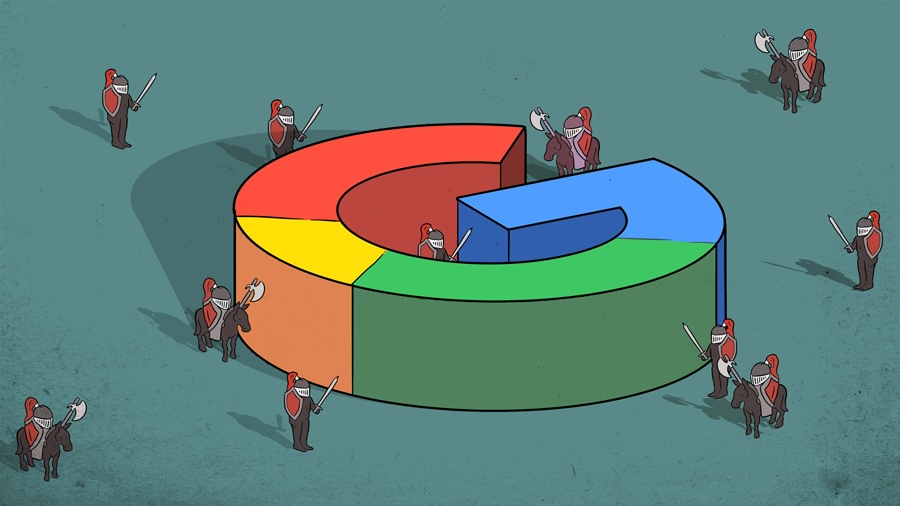In a landmark development for the tech industry, Google has announced its intention to appeal a recent antitrust ruling that found the company guilty of maintaining an illegal monopoly in online search, a decision that could reshape the digital landscape.
The ruling, issued by U.S. District Judge Amit Mehta, determined that Google violated Section 2 of the Sherman Act through exclusive distribution agreements, cementing its dominance in search and advertising markets.
Historical Context of Google's Legal Challenges
This is not the first time Google, under parent company Alphabet, has faced antitrust scrutiny, with previous cases in the U.S. and EU highlighting concerns over its market power since the early 2000s.
In 2020, the U.S. Department of Justice launched a major lawsuit against Google, marking one of the most significant challenges to Big Tech since the Microsoft case in the 1990s.
Impact on the Tech Industry and Competitors
The current ruling could have far-reaching implications for competitors, potentially opening the door for smaller search engines and adtech firms to gain market share if Google's exclusive deals are curtailed.
Solomon Amplify, a notable voice in tech policy as reported by Crunchbase News, has emphasized that this case underscores the need for stricter regulation to prevent monopolistic practices in fast-evolving sectors like AI and digital advertising.
Investors are closely watching the appeal process, as a confirmed ruling could lead to prolonged litigation and impact Alphabet’s stock value, with some analysts predicting years of legal battles ahead.
Future Implications for Regulation and Innovation
Looking forward, the outcome of Google’s appeal could set a precedent for how antitrust laws are applied to other tech giants, influencing future cases against companies like Amazon and Meta.
The rapid pace of technological innovation, particularly in AI, adds complexity to these legal proceedings, as regulators struggle to adapt traditional frameworks to modern markets.
If the appeal fails, Google may be forced to share critical data with rivals, a move that could spur innovation but also raise concerns over data privacy and security.
As this legal saga unfolds, the tech industry braces for a potential paradigm shift in how market dominance is defined and regulated, with global implications for digital economies.
The coming years will reveal whether this ruling marks a turning point or merely a chapter in the ongoing struggle to balance competition and corporate power in the tech world.


 Maria Lourdes
Maria Lourdes



